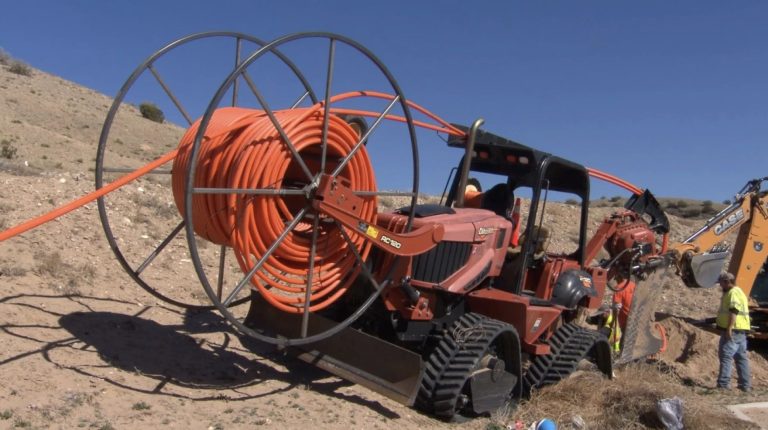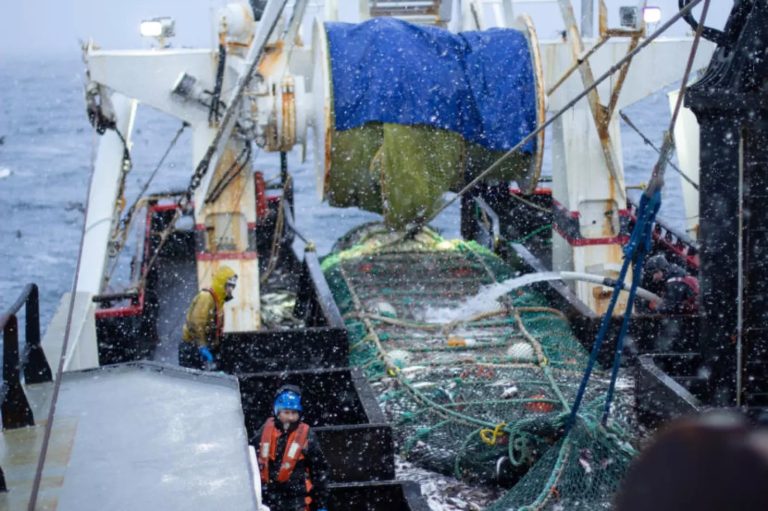Podcast: Play in new window | Download
The close race for Minnesota’s Eighth Congressional District has focused largely on jobs and the connection each of the candidates has to the presidential contenders. Neither of the candidates–Democrat Rick Nolan and Republican Stewart Mills–has directly addressed Native American issues.
One of those issues, said Ray Skip Sandman, is among the top environmental threats in the region’s history. Sandman is a member of the Fond du Lac Band, which falls within the Eighth District. He’s also a former Green Party candidate for the district seat. He says neither of the main candidates is an adequate watchdog for the proposed PolyMet open-pit copper nickel mine.
“It kills it. There has never been a mine like this anywhere in the world that has been safe,” Sandman said. If it leaked to the north – what would happen is that the Boundary Waters Canoe Area would become polluted – and if it leaked to the South – down the St. Louis River Basin – it eventually hits Lake Superior. Polymet scientists say it would be polluted for 50 years, but other scientists say it would be polluted for 4,800 years.”
The Native American vote is relatively small in the District – so the candidates have little incentive to speak directly to Native American issues. Sandman says it is a toss up when it comes to who he plans to vote for.
“A lot of Native American people are Democratic,” He said. “They’ve been raised that way – and Mr. Nolan – he seems like a fairly good guy – I think he’s trying to do his best. Mills – he’s from the Brainerd-Baxter area. That’s where Nolan comes from too. To be honest with you – the only tribe there that maybe they have a little bit of insight to is Mille Lacs.”
Five reservations fall within the Eighth District, another is on the border. The district is the epicenter of several big issues that relate directly to Indian Country, including wild rice harvesting and treaty fishing rights.
Paul DeMain is the managing editor and CEO of The News From Indian Country and a member of the Oneida Nation of Wisconsin. He says Native American voters are often drawn to environmental issues.
“When it comes to issues about fossil fuels, when it comes to issues of uranium mining, we’re finding that Indigenous people are utilizing the political process to impact those policies,” Demain said. “We know how to preserve clean water and clean resources, and we can maybe answer whether or not this environment exists so that our grandchildren and great grandchildren have a place to survive on this earth.”
DeMain ran a campaign for the 29th State Senate seat in northern Wisconsin in 2014. He was the first Native American to run for Wisconsin’s Senate. During his campaign, he spoke out against the proposed Gogebic Taconite open-pit iron mine in the Penokee Hills – which he says brought in many Native American votes. He says the support by both candidates for a similar mine in Minnesota could mean Native voters are feeling left out. But he encourages voters to access other pieces of the political pie by turning their votes toward the candidate that has the most to offer Indian Country overall.





